The Australian federal government has announced the country’s First Nations ambassador in an attempt to elevate Indigenous rights to the world stage.
As the country’s first Indigenous ambassador, Justin Mohamed will lead the Office of First Nations Engagement, which operates within the Department of Foreign Affairs and Trade.
“Together they will work in genuine partnership with Aboriginal and Torres Strait Islander people to progress Indigenous rights globally and help grow First Nations trade and investment.”
Wong said that the appointment of the First Nations ambassador would enable more profound engagement with many of Australia’s Pacific neighbours.
In a Twitter post, Burney said Mohamed will “do great things on the world stage and help elevate First Nations voices to the world stage.”
“For the first time, Australia will have dedicated Indigenous representation in our international engagement,” she said. “Justin has worked for decades in First Nations health, social justice, and reconciliation.”
Mohamed, a Gooreng Gooreng man from Bundaberg in Queensland, is Victoria’s Commissioner for Aboriginal Children and Young People and deputy secretary of Aboriginal Justice.
He was previously the CEO of Reconciliation Australia CEO and chairperson of the National Aboriginal Community Controlled Health Organisation.
“I am excited about the opportunities ahead to embed First Nations voices and knowledge into Australia’s foreign policies and trade,” Mohamed said.
Heavy Funding For Indigenous-Related Causes
The announcement comes as state and federal governments increase investments in Indigenous-specific programs, with billions of dollars spent on multiple Indigenous agencies, organisations, initiatives and measures each year.And the number is only rising, with the October Budget providing $1.1 billion more than the March Budget.
The Budget Review also noted that “the actual funding increase is greater than shown” as it does not include the $300 million funding allocated for Indigenous housing.
Voice to Parliament
While the proposal is often described as a necessary move to improve Indigenous political representation, NBA player Andrew Bogut argued the millions being spent on encouraging Australians to vote to change the Constitution should, instead, be directly spent on helping Indigenous communities.
Bogut said the seven sporting organisations involved in the Voice campaign were “bowing to the government” because they were afraid of losing funding.
“We saw it with COVID and elections. Sporting organisations and clubs have to bow to the government and promote these causes because they know if they don’t, the government won’t give them grants for stadiums, facilities, and junior expansion,” he told The Epoch Times.
Opposition Leader Peter Dutton previously argued that while he understands the role of “symbolism,” he wants ‘practical solutions” to improve the living condition of Aboriginal communities, noting that previous bipartisan attempts to close the gap “have all failed.”
“Going to a meeting here in Canberra and giving 10 acknowledgments to country, that’s fine, and I don’t say that in a disparaging way.”
“[But] I want to know how it is we’re going to support those kids and how it is we’re going to get higher health outcomes and mortality rates, and more kids going through university, just to finish primary school, secondary school to start with.”
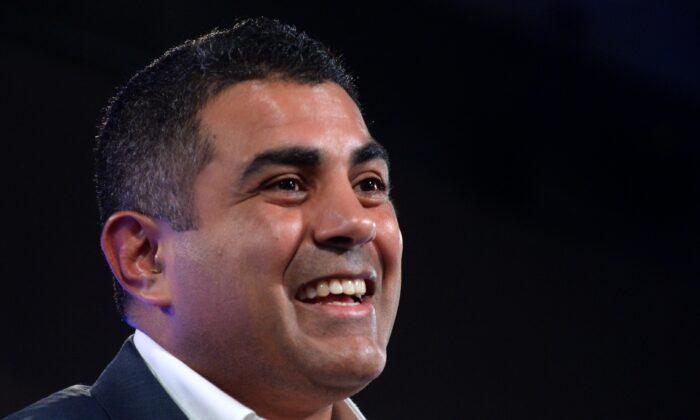
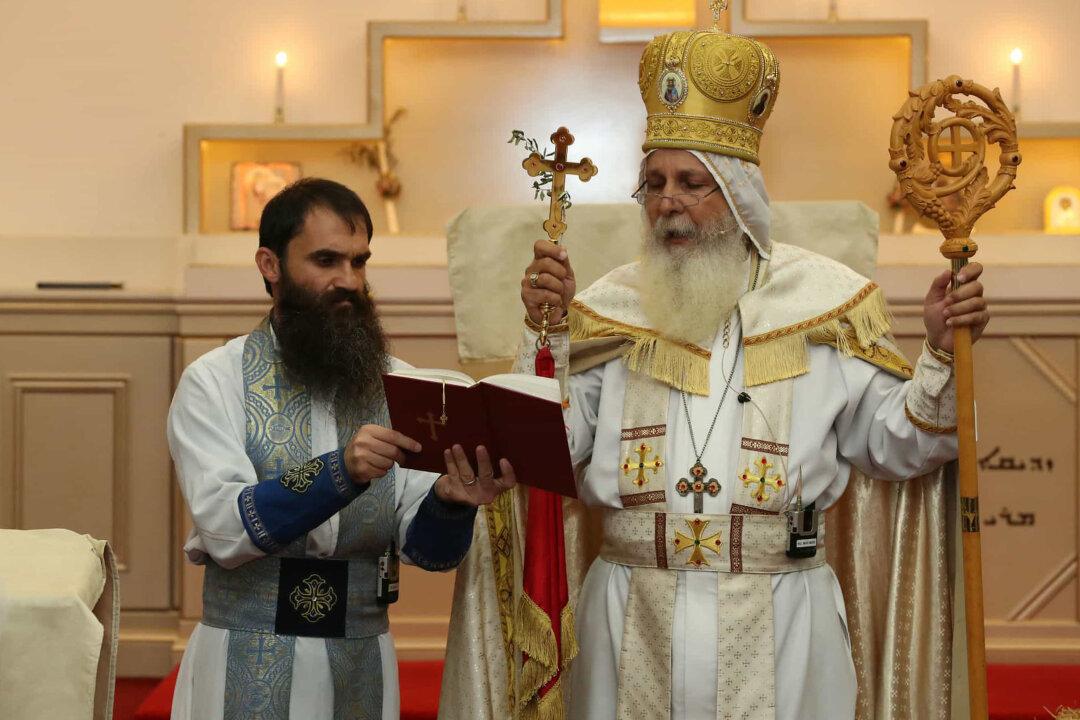
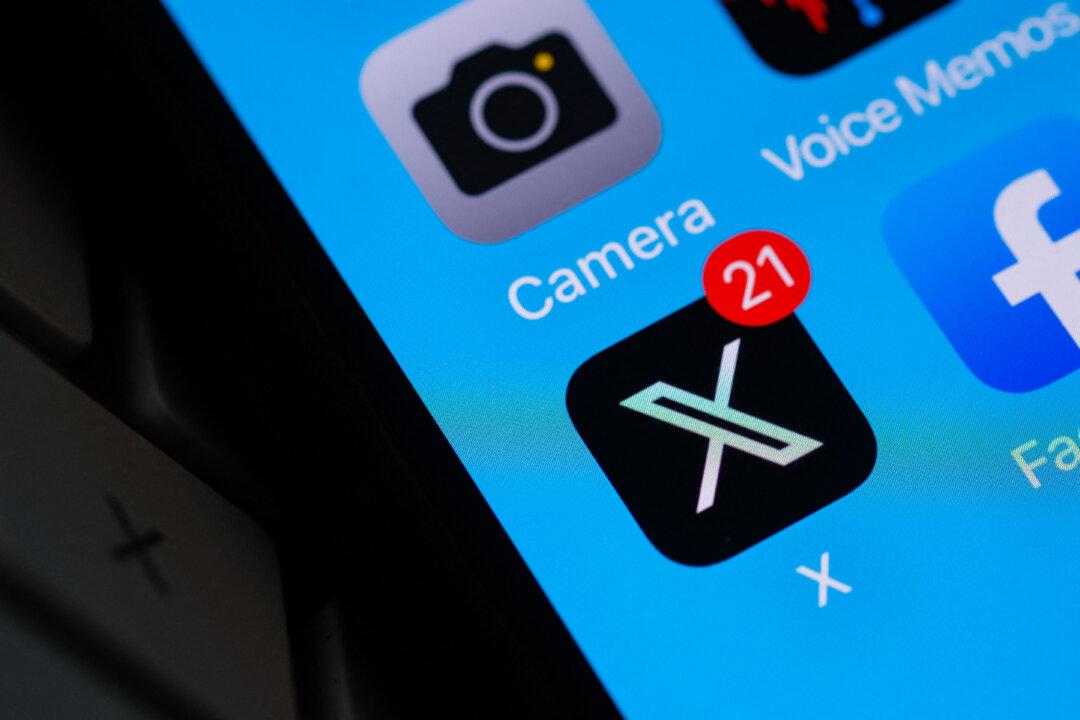
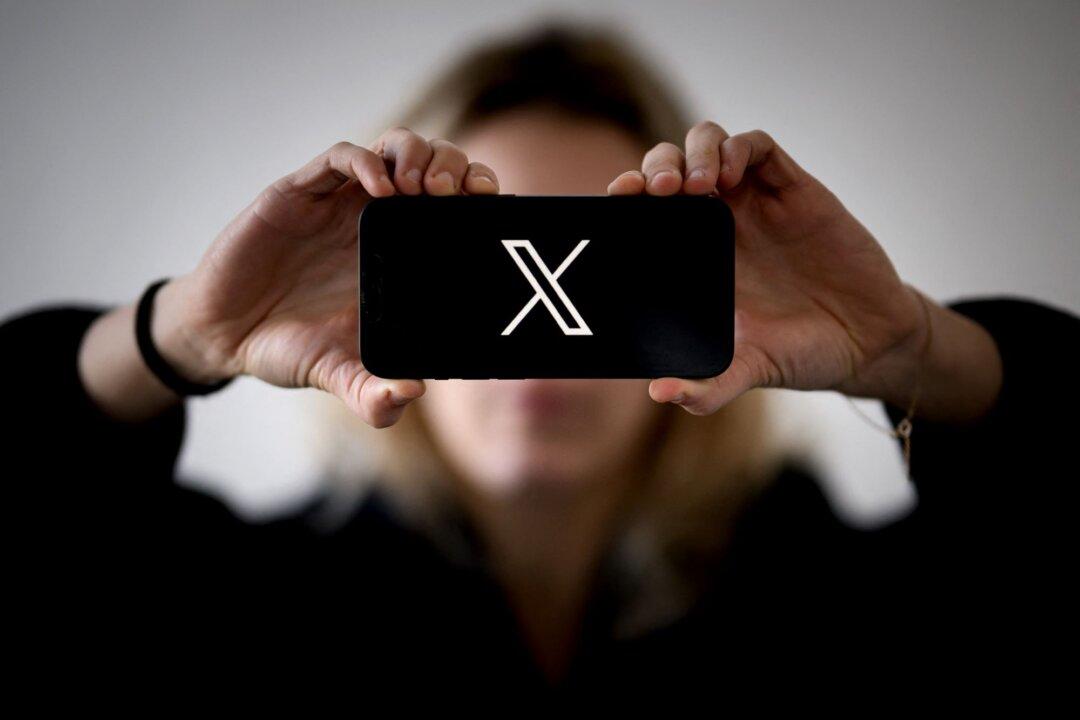
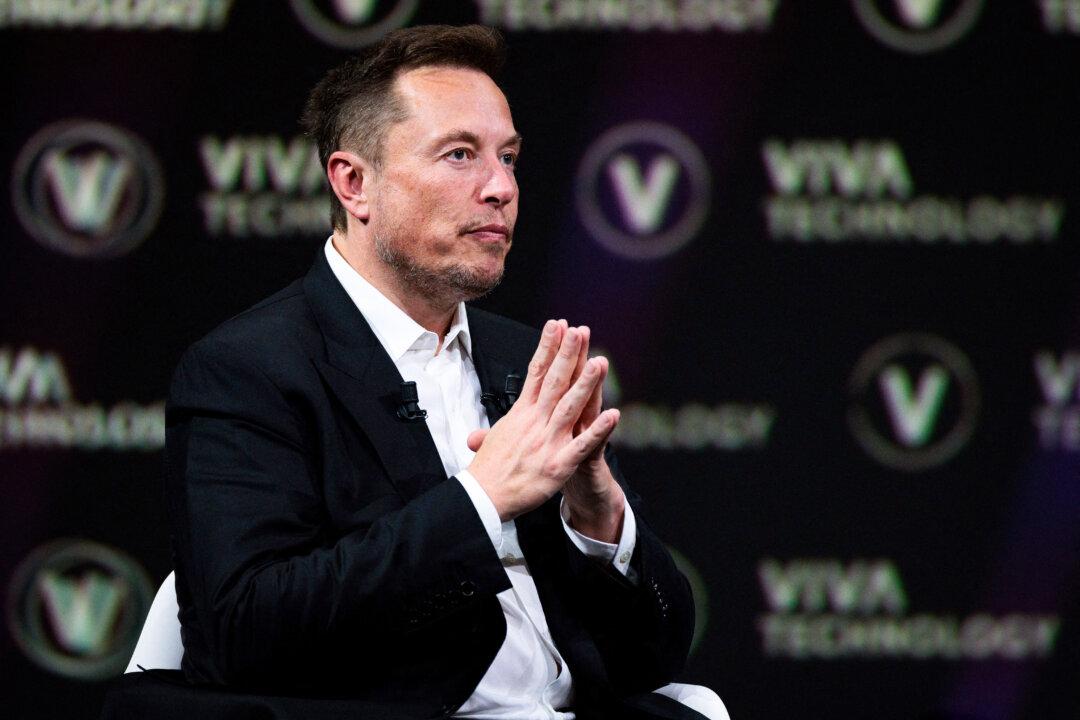
Friends Read Free